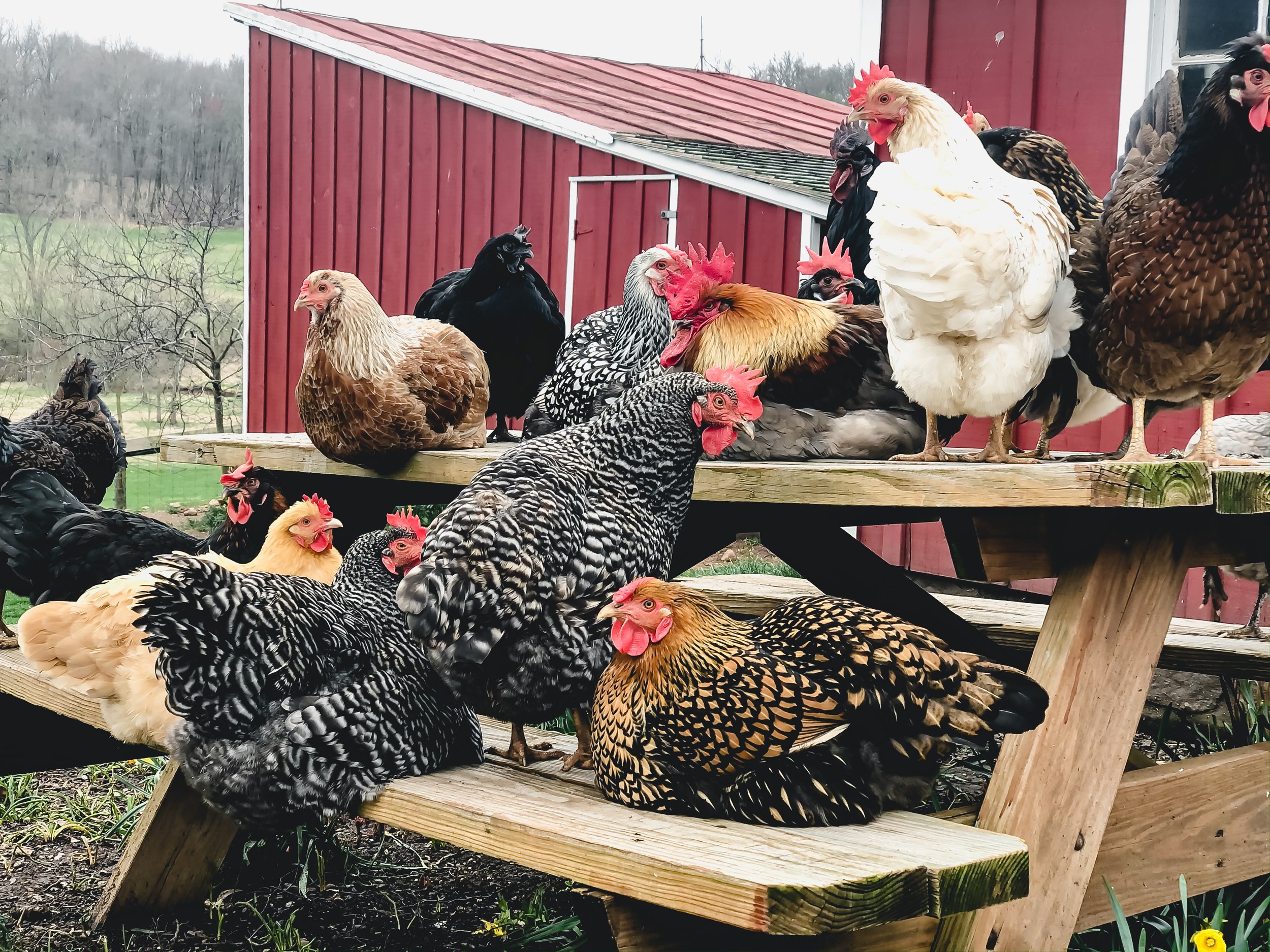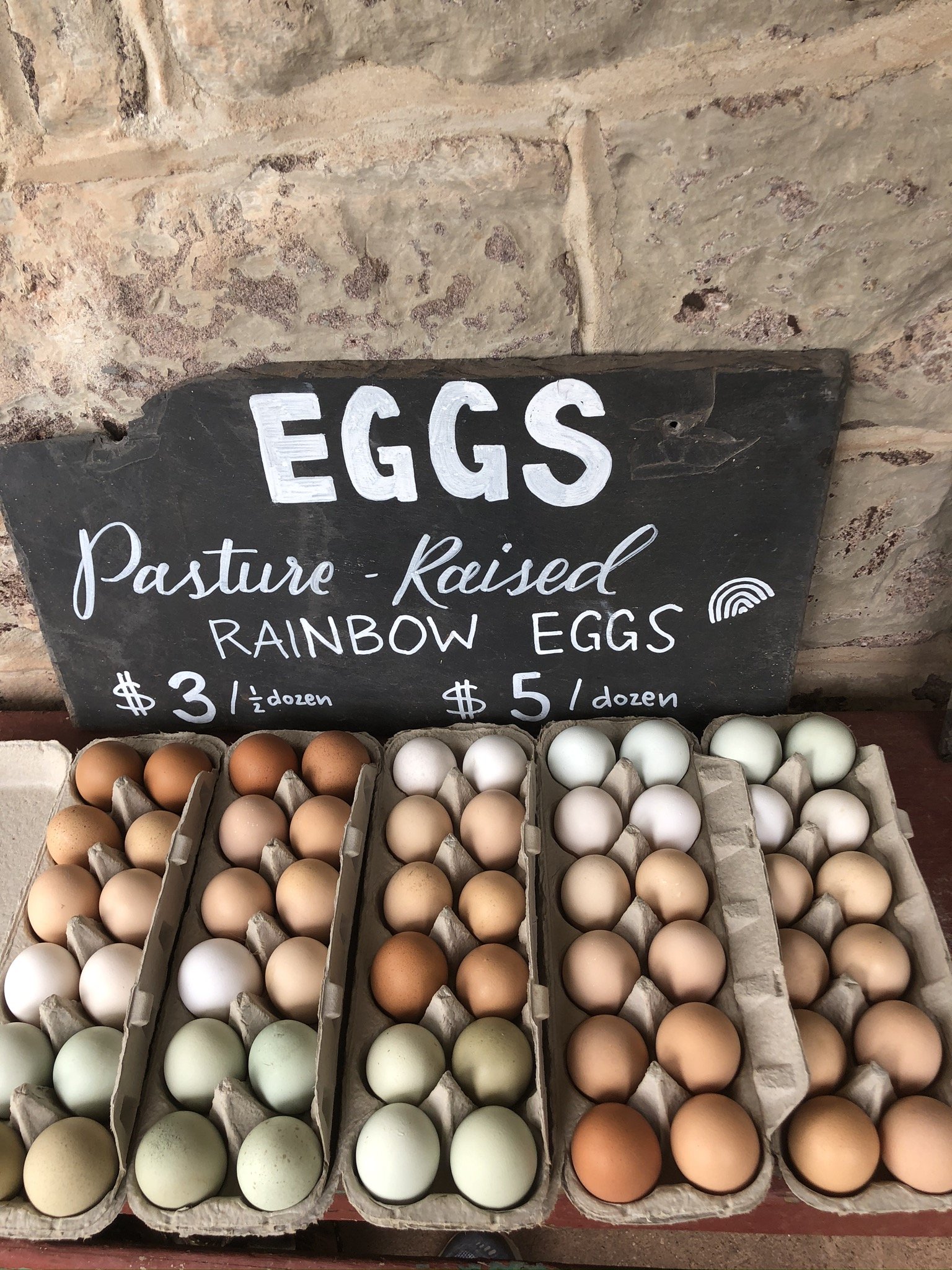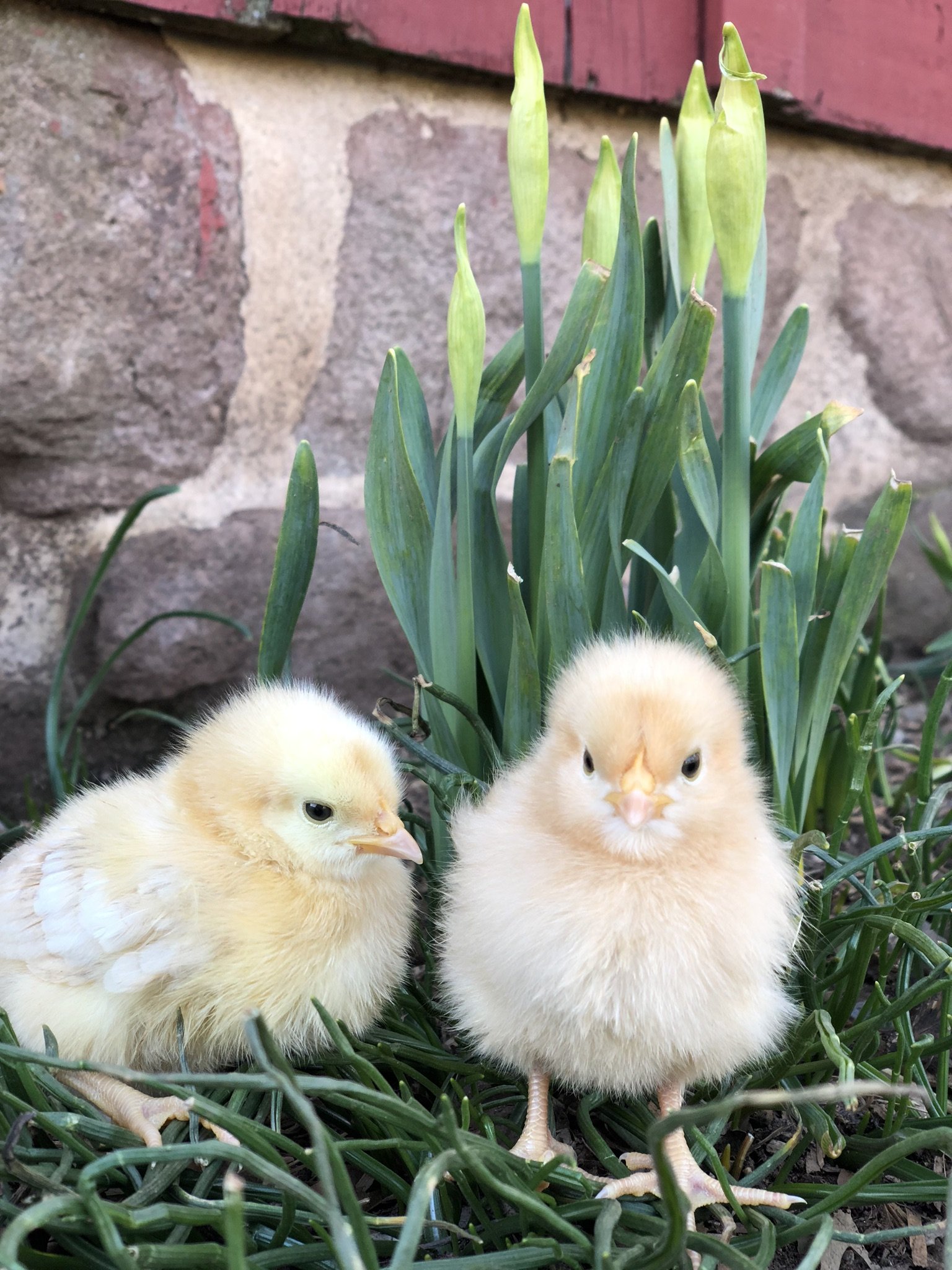A Shell Game
EGG PRODUCERS REAP MASSIVE PROFITS
Amid an outbreak of avian flu and rising costs across the bar, some have made accusations of fowl play.
The egg has always been a great metaphor. It lends itself to countless idioms, easily translated across languages and cultures. But right now, in the United States, the conversation surrounding eggs has taken a turn. Eggs have a new meaning, less folksy and more dire, which speaks to consumer fears and a perceived loss of staple comforts. According to recent data from the Consumer Price Index, the cost of eggs has ballooned almost 60%. Many people are considering raising their own chickens or simply renting one. Some egg producers have turned to freeze drying. Searches for “egg substitute” are on the rise. The egg conversation has crystallized into a referendum on the post-COVID world. Phrases like ‘inelastic demand,’ and ‘supply chain disruption’ abound. The specter of a viral disease—avian flu in this case—looms large. In keeping with this perfect distillation of the zeitgeist, we can now add corporate malfeasance to the discussion.
Egg production in the United States, despite our collective fantasy of backyard and free range chicken farmers, is mostly accomplished by large firms. In fact, this report finds that about 70% of eggs are produced by the top 20 operations. Cal-Maine Foods, Inc. is responsible, according to its own investor presentation, for about 20% of all eggs sold in the United States. Big business means a big target, and shots have been fired. On January 19th Farm Action, a pro-farmer, anti-corporate non-profit, sent a letter to the Federal Trade Commission, urging it to act on behalf of American consumers. The letter alleges a laundry list of collusive practices. In conclusion, the author contends:
“Fundamentally, Cal-Maine seems to be engaging in price leadership—using the avian flu outbreak and the inflationary conditions of the past year as cover to establish a new ‘focal point’32 for egg prices, one that will not only pass through cost inflation, but also radically enhance the industry’s pre-2022 profit margins.” –Farm Action via a letter to the FTC
Using inflation and disease as misdirection for profiteering sounds, not only very evil, but evil in a way that is specific to 2023. Even taken with a healthy dose of skepticism, this letter leaves its reader with a persistent discomfort. Echoing the gist, Senator Jack Reed of Rhode Island sent a similar letter. One antidote for this conspiratorial speculation would be a counterbalancing dose of market optimism:
“It’s possible some suppliers are trying to keep prices artificially high for as long as they can, but no single egg supplier dominates the market and even if one did, demand shifts away from costly products toward less expensive ones normally helps lower prices.” –Yahoo! Finance
In the words of Cal-Maine’s own Max P. Bowman (VP, CFO) per a statement posted on their website, “The domestic egg market has always been intensely competitive and highly volatile even under normal market circumstances.” Bowman’s defense boils down to an excuse, trotted out as often by the innocent as the guilty. Sometimes smoke is just smoke. Where that smoke is being blown, however, remains to be seen.
An investigation, should the FTC choose to make one, would be months or years in the making. Egg prices may decrease in the meantime, and the conversation around them dwindle. Most heavyweight corporations, whatever their sector, are large and adept enough to weather these PR storms. The effects on consumers, many of whom have depended on eggs as a cheap source of protein, and smaller poultry operations—many of which have had to cull entire flocks—could be long lasting.
We grant a good deal of faith to economic theory and the good intentions of most market actors. We grant a great deal to the government bodies who defend us from the exceptions. If the game is rigged, it remains the duty of all Americans, egg-consuming and otherwise, to cultivate skepticism. Hopefully the price of eggs will fall and stabilize. Hopefully the squeeze will contribute to better, cheaper egg alternatives. Hopefully Farm Action’s accusations against the egg cabal will prove to be mere agitprop. Or, if they hold water, hopefully the FTC will do its job. My fingers are crossed, but I am not counting those chickens before they hatch.







